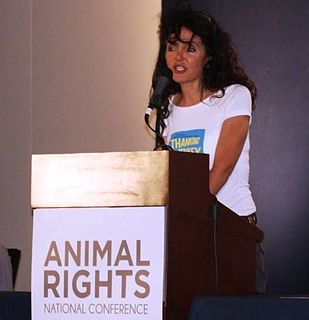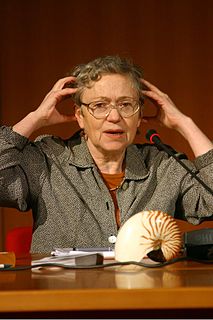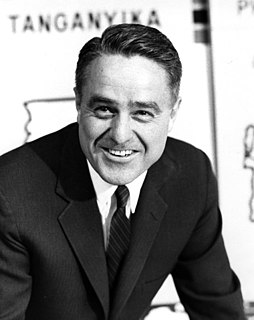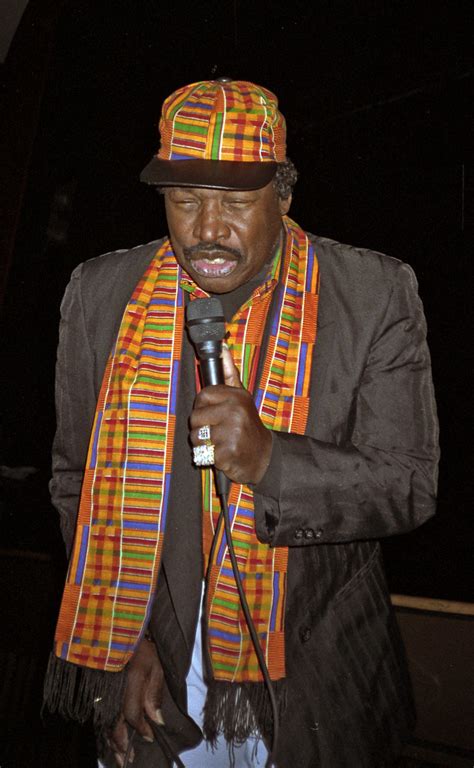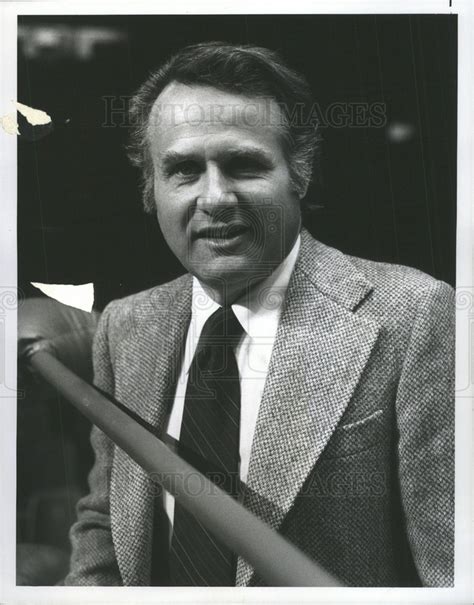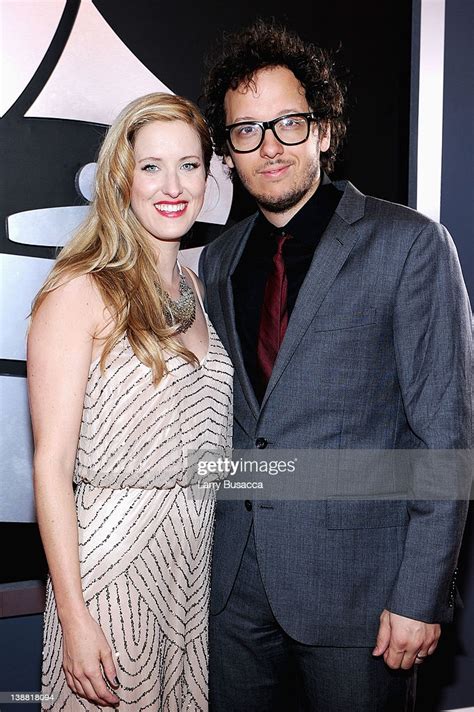A Quote by Karen Dawn
Caring for animals means caring for the environment they live in, and vice versa.
Quote Topics
Related Quotes
When I see vegan food sold in single-use plastic containers, I get frustrated knowing that plastic is not really recycled; it is down-cycled to less and less reusable grades, and too much of it eventually ends up in the ocean - where it kills animals. Caring for animals means caring for the environment they live in, and vice versa.
A glad welcome to this affirmation by a group of psychologists that the self does not stop at the skin nor even with the circle of human relationships but is interwoven with the lives of trees and animals and soil; that caring for the deepest needs of persons and caring for our threatened planet are not in conflict.
Once we see that everything is impermanent and ungraspable and that we create a huge amount of suffering if we are attached to things staying the same, we realize that relaxing and letting go is a wiser way to live. Letting go does not mean not caring about things. It means caring about them in a flexible and wise way.
The cure is care. Caring for others is the practice of peace. Caring becomes as important as curing. Caring produces the cure, not the reverse. Caring about nuclear war and its victims is the beginning of a cure for our obsession with war. Peace does not comes through strength. Quite the opposite: Strength comes through peace. The practices of peace strengthen us for every vicissitude. . . . The task is immense!
An alarming number of parents appear to have little confidence in their ability to "teach" their children. We should help parents understand the overriding importance of incidental teaching in the context of warm, consistent companionship. Such caring is usually the greatest teaching, especially if caring means sharing in the activites of the home.
This kind of passionate faith can be painful. Not caring is easy. Caring hurts. Caring costs you something. But without this sort of faith, you will never create to your fullest potential. Faith is a gift. Like I've said, felt belief is not necessarily something that you choose to have or not to have. But it is a gift that you can open yourself to receive.
